News
European Union approves new sanctions against Russia as war on Ukraine continues
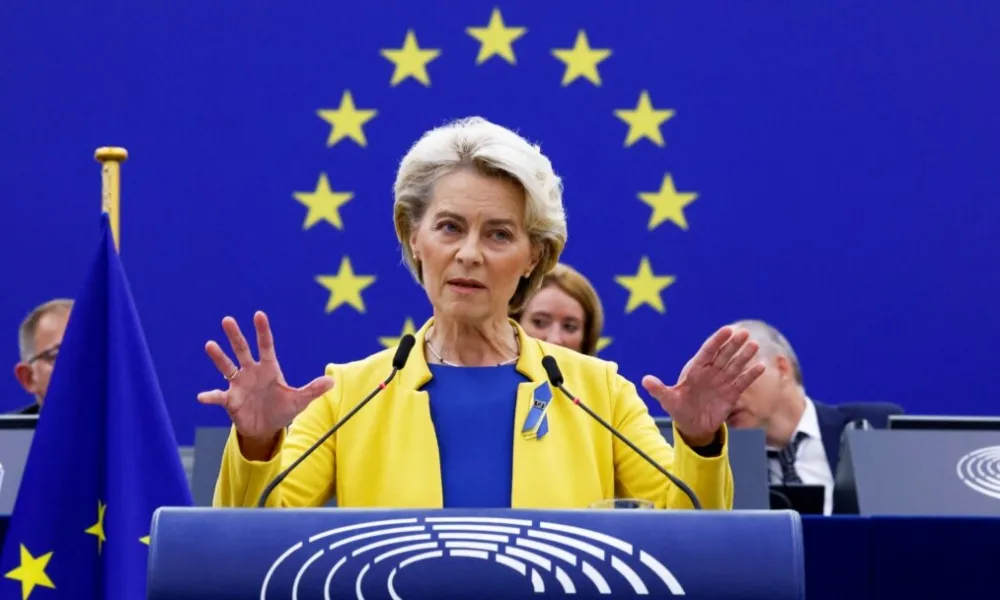
The European Union on Thursday approved a new package of sanctions aimed at ramping up pressure on Russia for its war in Ukraine. The details of the package have not yet been revealed to the public.
The Czech Republic, which holds the rotating presidency of the EU Council, said the package would be confirmed by written procedure Friday, ABC News reported.
Those targeted by the sanctions included government ministers, lawmakers, governors, political parties, banks, and even Russian President Vladimir Putin and members of his family.
The European Commission, the EU’s executive branch, previously proposed implementing a travel ban and asset freeze on hundreds of Russian officials and military officers.
EU Commission president Ursula von der Leyen also proposed “to ban the direct exports of drone engines to Russia and the export to any third countries, such as Iran, which could supply drones to Russia,” according to ABC.
In addition, the European Commission recommended limiting Russia’s energy and mining sectors by putting restrictions on new mining investments and cutting Russian TV stations off the air.
It’s unclear if these proposals were added to the latest package.
French President Emmanuel Macron rebuffed those that have criticized the sanctions as meaningless, saying: “These sanctions, we know they are efficient,” adding that “They are gradually making an impact, including on Russia’s capacity to produce and regenerate its weapons.”
“We are further raising pressure on the Russian leadership,” German Chancellor Olaf Scholz said, according to ABC.
Terry A. Hurlbut has been a student of politics, philosophy, and science for more than 35 years. He is a graduate of Yale College and has served as a physician-level laboratory administrator in a 250-bed community hospital. He also is a serious student of the Bible, is conversant in its two primary original languages, and has followed the creation-science movement closely since 1993.
-

 Education2 days ago
Education2 days agoCHAPTER 13: Fomenting Race Wars Begins in Kindergarten
Space Is No Longer the Final Frontier—Reality Is [forthcoming release May 2024] -
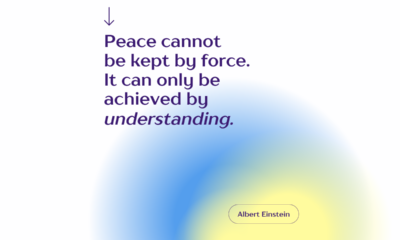
 Civilization3 days ago
Civilization3 days agoAntisemitism – and misguided legislation
-
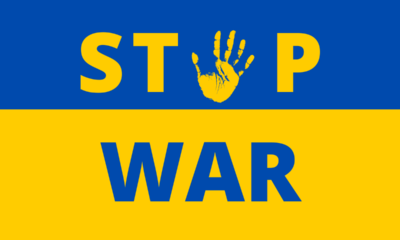
 Civilization4 days ago
Civilization4 days agoUkraine as proxy for war with Russia
-
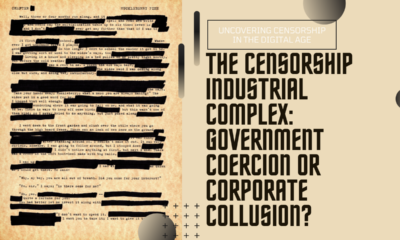
 Executive2 days ago
Executive2 days agoCensorship Industrial Complex redux
-

 Education4 days ago
Education4 days agoFive Ways Campus Turmoil Hurts Democrats and America
-

 Guest Columns17 hours ago
Guest Columns17 hours agoWhen Artificial Intelligence Tells You What A “Useful Idiot” In The Mainstream Media Cannot — The Truth
-
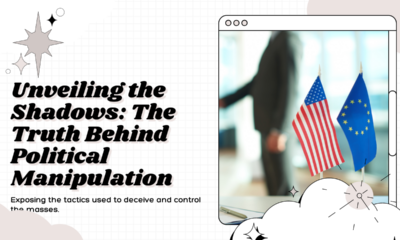
 Executive16 hours ago
Executive16 hours agoCHAPTER 14: Changing Hearts and Minds
Space Is No Longer the Final Frontier—Reality Is [forthcoming release May 2024] -
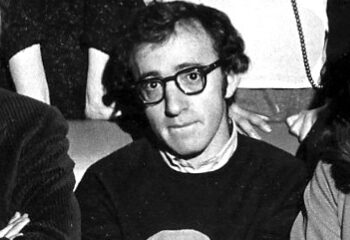
 Civilization4 days ago
Civilization4 days agoGatsby Loses to Woody Allen


